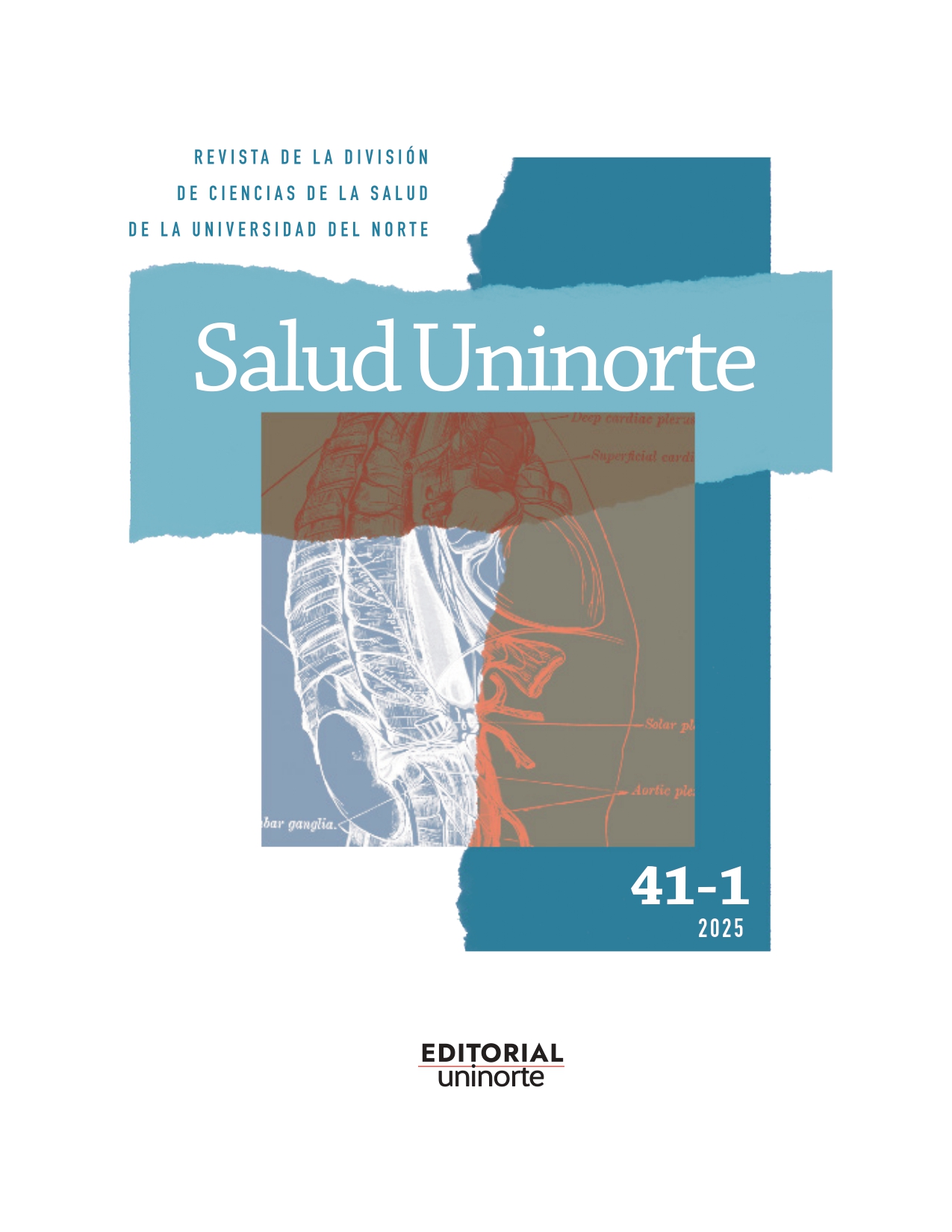Use of digital tools in health education with vulnerable populations: Scoping review
DOI:
https://doi.org/10.14482/sun.41.01.843.479Keywords:
Health education, vulnerable populations, digital technology, mobile applicationAbstract
Objective: Identify the use of digital health education tools for vulnerable populations.
Methods: A scoping review of publications related to the use of digital tools in health education for vulnerable populations. Three stages were developed: 1. Search in Pubmed, Scopus, and BVS databases, 2010 to 2020. 2. Review of titles and abstracts according to the inclusion criteria. Critical reading by the EQUATOR Network guidelines, using checklists according to type of study, in total 19 articles were included. 3. Construction of a matrix in Excel for the systematization of information.
Results: The majority of the included articles are published in journals classified as Q1 (63.2 %), with an average impact factor of 0.95, published in 2020 (26.3 %), of a quasi-experimental type (47.4 %). Regarding the digital tool, characteristics such as pedagogy used, associated name, technological environment, training for its use, and cost are identified.
Conclusion: Digital tools are used in health education in different population groups, prioritizing topics such as chronic non-communicable diseases, transmitted by vectors, HIV prevention, and risk factors in perinatal maternal health, all of which require access to the Internet. These have contributed to informing people, however, they highlight the importance of involving the family, generating culturally adapted pedagogical strategies that respond to the health needs of their population, and continue developing studies that show the impact of these technological tools and their usability.
Downloads
Published
How to Cite
Issue
Section
License
(COPIE Y PEGUE EL SIGUIENTE TEXTO EN UN ARCHIVO TIPO WORD CON TODOS LOS DATOS Y FIRMAS DE LOS AUTORES, ANEXE AL PRESENTE ENVIO JUNTO CON LOS DEMAS DOCUMENTOS)
AUTORIZACIÓN PARA REPRODUCCIÓN, USO, PUBLICACIÓN Y DIVULGACIÓN DE UNA OBRA LITERARIA, ARTISTICA O CIENTIFICA
NOMBRE DE AUTOR y/o AUTORES de la obra y/o artículo, mayor de edad, vecino de la ciudad de , identificado con cédula de ciudadanía/ pasaporte No. , expedida en , en uso de sus facultades físicas y mentales, parte que en adelante se denominará el AUTOR, suscribe la siguiente autorización con el fin de que se realice la reproducción, uso , comunicación y publicación de una obra, en los siguientes términos:
1. Que, independientemente de las reglamentaciones legales existentes en razón a la vinculación de las partes de este contrato, y cualquier clase de presunción legal existente, las partes acuerdan que el AUTOR autoriza de manera pura y simple a La UNIVERSIDAD DEL NORTE , con el fin de que se utilice el material denominado en la Revista
2. Que dicha autorización se hace con carácter exclusivo y recaerá en especial sobre los derechos de reproducción de la obra, por cualquier medio conocido o por conocerse, comunicación pública de la obra, a cualquier titulo y aun por fuera del ámbito académico, distribución y comercialización de la obra, directamente o con terceras personas, con fines comerciales o netamente educativos, transformación de la obra, a través del cambio de soporte físico, digitalización, traducciones, adaptaciones o cualquier otra forma de generar obras derivadas. No obstante lo anterior, la enunciación de las autorizaciones es meramente enunciativa y no descartan nuevas formas de explotación económica y editorial no descritas en este contrato por parte del AUTOR del artículo, a modo individual.
3. Declara que el artículo es original y que es de su creación exclusiva, no existiendo impedimento de ninguna naturaleza para la autorización que está haciendo, respondiendo además por cualquier acción de reivindicación, plagio u otra clase de reclamación que al respecto pudiera sobrevenir.
4. Que dicha autorización se hace a título gratuito.
5. Los derechos morales de autor sobre el artículo corresponden exclusivamente al AUTOR y en tal virtud, la UNIVERIDAD se obliga a reconocerlos expresamente y a respetarlos de manera rigurosa.
EL AUTOR
















